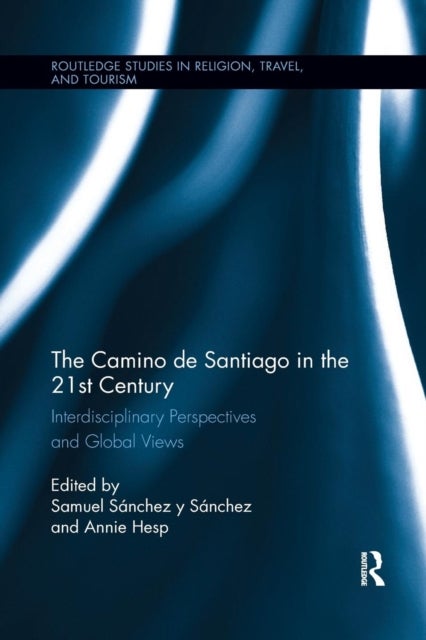
The Camino de Santiago in the 21st Century
589,-
<P>The Spanish Camino de Santiago, a pilgrimage rooted in the Medieval period and increasingly active today, has attracted a growing amount of both scholarly and popular attention. With its multiple points of departure in Spain and other European countries, its simultaneously secular and religious nature, and its international and transhistorical population of pilgrims, this particular pilgrimage naturally invites a wide range of intellectual inquiry and scholarly perspectives. This volume fills a gap in current pilgrimage studies, focusing on contemporary representations of the Camino de Santiago. Complementing existing studies of the Camino¿s medieval origins, it situates the Camino<I></I>as a modern experience and engages interdisciplinary perspectives to present a theoretical framework for exploring the most central issues that concern scholars of pilgrimage studies today. <P></P>Contributors explore the contemporary meaning of the Camino through an interdisciplinary lens that refl








